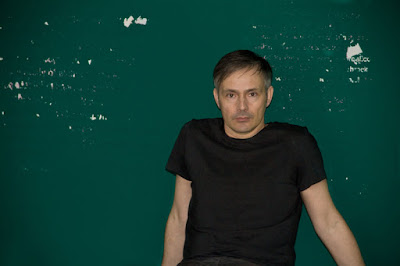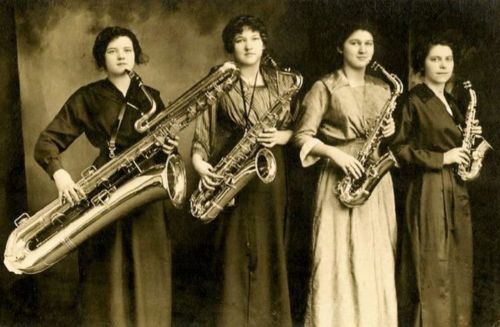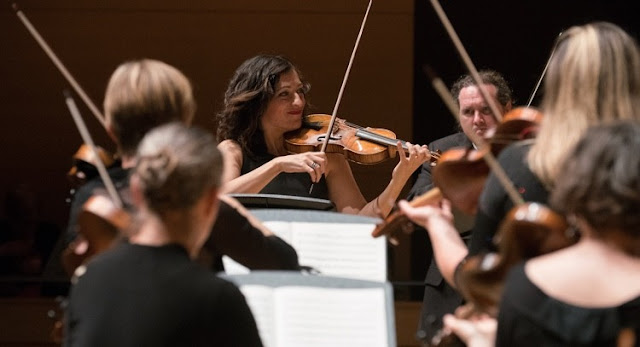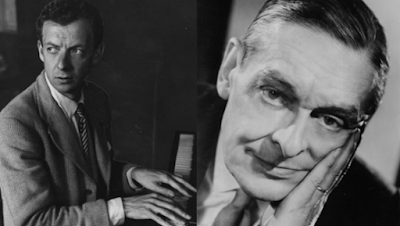 |
| Boris Bergmann (Photo Silvina Buchbauer) |
Last night (Wednesday 20 November 2019) I heard the private premiere of The Richter Scale by the German composer, Boris Bergmann. The performance was co-presented by Steinway & Sons (who hosted it at their Marylebone Lane studios) and Heresy Records. The pianist Ji Liu performed The Richter Scale on a Steinway D Spirio.
Described as the world's most sophisticated player piano, the Steinway D Spirio's programmable capacity meant that there were passages in
The Richter Scale where Liu was effectively playing with himself (the alternative would have been a second player who would have sat half the piece out). I might add that the Steinway D Spirio retails for nearly £200,000 and is a very impressive beast.
Boris Bergmann studied in Frankfurt and Darmstadt, and then went on to work in film and TV, as well as performing as a drummer and keyboard player with punk and alternative music legends Kim Gordon, Dinosaur Jr and Flipper. More recently he has returned to contemporary classical music, recording three solo piano albums featuring his own compositions alongside those of Alexander Scriabin.
The Richter Scale is inspired by the life and work of Charles F. Richter, best known for his eponymous scale measuring the magnitude of earthquakes. The hour-long piano piece is divided into ten sections, plus an epilogue, one for each level of the Richter scale. But each section also has a poetic name,
Prelude, A Planet's Pulse, Richter the Poet, Seismograph, Recurring Dream, Expecting The Big One, Dance of the Things, How to Dance Out an Earthquake, Reversing the Mississippi and
Voyager Golden Record.
Roughly the music starts slowly and gets faster and more dramatic, though the piece is more complex than that. Each section was distinct, with a pause between, and they varied in style, some seemed heavily indebted to the work of Debussy and of Scriabin, with complex, evocative piano textures, other seemed to mix highly rhythmic elements in the manner of Bach combined with jazz, whilst there were passages of John Adams like minimalism, as well as complex repetitive passages. Listening to a work of such length once, cold, it is quite tricky to grasp an overall impression.
Whilst the music did seem to build from section to section, I thought it a mistake to have pauses between the movements and wanted the work to move onward constantly. In the manner of Ronald Stevenson's mammoth
Passacaglia which is a continuous movement of around 80 minutes and some of its power comes from the steady onward progression [see
my review of Igor Levitt performing it at Wigmore Hall]. In
The Richter Scale, there was a sense of steady building in intensity and complexity towards the eighth section,
How to Dance out and Earthquake which seemed to be some sort of demented rock and roll, a wonderful aural image indeed. But after this the music went more poetic, and I did so feel that we lacked the ultimate climax, akin to the work of Jón Leifs much of whose music was inspired by, and depicts Icelandic natural phenomena.
Ji Liu gave a finely poetic performance, with no hint that this was at first performance and no hint of the sheer strain of playing a piece of this magnitude And he had clearly mastered the art of programming the Spirio piano and the art of playing with himself.
Before the performance, Bergmann described the piece as a work in progress. It has very much been developed with this piano and this pianist, and I look forward to hearing how the work progresses.






































